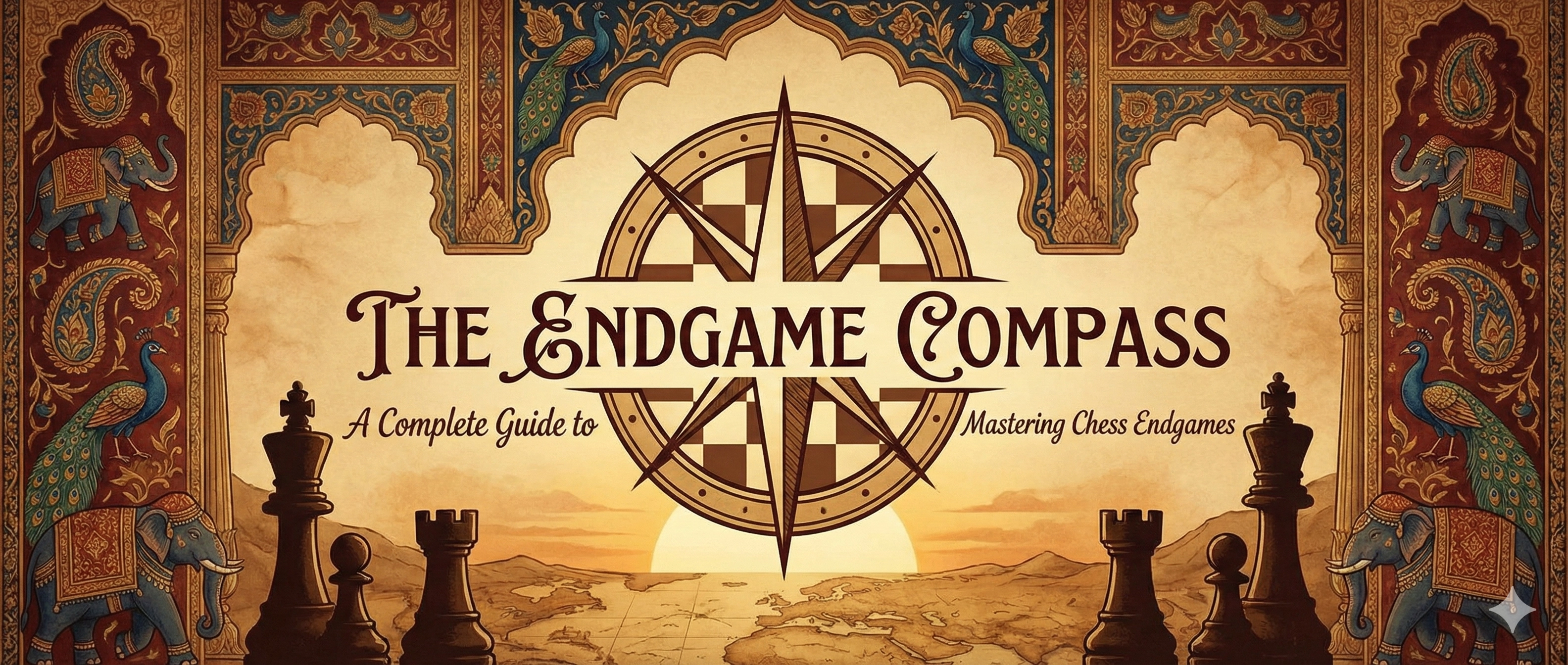When it comes to measurement units for weight or mass, kilograms and tons are two important ones to know. Their proper use and understanding enable accurate measurements, efficient operations, and effective communication across various fields.
These units are important for a multitude of tasks, from cooking in the kitchen to shipping goods worldwide. The Kilogram to Ton Converter is a helpful tool for converting weights from one unit to another, allowing users to easily convert kilograms to tonnes and vice versa.
This converter is particularly useful when dealing with larger masses. This blog explains the basic concepts behind these units and how to convert between them.
- Kilogram: The Foundation of Mass
- What is a Ton?
- Conclusion
- FAQs
- 1. What is the formula to convert kilogram to ton?
- 2. How many kilograms are there in a ton?
- 3. Is a metric ton the same as a ton?
- 4. How do I convert kilograms to tons using an online calculator?
- 5. Why is it important to know how to convert kilograms to tons?
- 6. Can I convert tons back to kilograms?
- 7. Are there different types of tons?
- 8. What tools can I use to convert kilograms to tons?
- 9. How accurate are online converters for kilograms to tons?
- 10. Can I use this conversion for cooking and recipes?
Kilogram: The Foundation of Mass

A kilogram (kg) is the standard unit of mass in the metric system. It is defined as the mass of the international prototype kilogram, a platinum–iridium cylinder kept at the International Bureau of Weights and Measures in France.
In the metric system, the prefix “kilo” means a thousand (10³). So, one kilogram equals the mass of 1,000 cubic centimeters (or milliliters) of water roughly the weight of one liter of water.

The kilogram serves as the base unit for measuring mass, with related units like grams (g) and metric tons (t). In contrast, the U.S. customary system measures weight using pounds (lb), ounces (oz), and tons (t).

1. Some key facts about kilograms
Used for measuring everyday items, ingredients, even small amounts of chemicals
Equal to around 2.2 pounds
There are 1,000 grams in one kilogram

2. Kilogram Conversion Table
Kilograms | Grams | Milligrams | Metric tons | Long tons | Tons |
|---|---|---|---|---|---|
1 kg | 1,000 g | 1,000,000 mg | 0.001 t | 0.000984 lt | 0.001102 t |
2 kg | 2,000 g | 2,000,000 mg | 0.002 t | 0.001968 lt | 0.002205 t |
3 kg | 3,000 g | 3,000,000 mg | 0.003 t | 0.002953 lt | 0.003307 t |
4 kg | 4,000 g | 4,000,000 mg | 0.004 t | 0.003937 lt | 0.004409 t |
5 kg | 5,000 g | 5,000,000 mg | 0.005 t | 0.004921 lt | 0.005512 t |
6 kg | 6,000 g | 6,000,000 mg | 0.006 t | 0.005905 lt | 0.006614 t |
7 kg | 7,000 g | 7,000,000 mg | 0.007 t | 0.006889 lt | 0.007716 t |
8 kg | 8,000 g | 8,000,000 mg | 0.008 t | 0.007874 lt | 0.008818 t |
9 kg | 9,000 g | 9,000,000 mg | 0.009 t | 0.008858 lt | 0.009921 t |
10 kg | 10,000 g | 10,000,000 mg | 0.01 t | 0.009842 lt | 0.011023 t |
What is a Ton?
Unlike the kilogram, a ton is not part of the metric system but is still commonly used. There are actually multiple definitions, the most common being:
Short ton = 2,000 pounds
Long ton = 2,240 pounds
Metric ton = 1,000 kilograms or 2,204.6 pounds The ton is a larger unit of mass commonly used when dealing with substantial quantities. There are two main types of tons:
The metric ton (tonne)
The imperial ton
Metric Ton Vs Imperial Ton The metric ton (also known as the tonne) and the imperial ton are both units of mass. The main difference between the two is that the metric ton is defined using the international “SI” system of units.
In contrast, the imperial ton is a unit of mass that has been traditionally used in the Imperial and US Customary systems of units. The metric ton, or tonne, is a unit of weight or mass in the metric system. It has a mass of 1000 kilograms or 1 megagram.
On the other hand, the imperial ton has had slightly different values in the Imperial and U.S. Customary systems of units. In the Imperial system, the ton has a mass of 2240 pounds, while in the U.S. Customary system, it has a mass of 2000 pounds.
The metric ton is a unit of weight commonly used in international trade and commerce.
The Imperial ton is often called the long ton, while the US ton is called the short ton. Currently, the ton used in the United States is also defined using the SI system of units.
The following table summarizes the differences between the metric ton and the imperial ton:
Unit | Definition | Value in Kilograms |
Metric Ton (Tonne) | Defined using the kilogram | 1000 |
Imperial Ton (Long Ton) | Mass of 2240 pounds | 1016.0469088 |
US Ton (Short Ton) | Mass of 2000 pounds | 907.18474 |
Some uses and facts: ⇒ Tons measure heavy objects like trucks, large shipments of goods, and even waste in landfills. ⇒ A metric ton of feathers would weigh the same as a metric ton of bricks! The short-ton unit is popular in the United States.
Long tons are more common in the U.K. Metric tons align with the metric system.
Converting Kilograms to Tons Now, let's explore the methods to convert kilograms to tons:
1. Direct Conversion:
To convert kilograms to tons, simply divide the mass in kilograms by 1,000 (since there are 1,000 kilograms in a ton).
Formula:
To convert metric tons (t) to kilograms (kg), you can use the following formula:

Example: ♦
If you have 5,000 kilograms, the conversion would be
5,000 kg / 1,000 = 5 tons ♦ To convert 0.5 metric tons to kilograms, you can multiply 0.5 by 1000 to get:
0.5 t = 0.5 × 1000 kg = 500 kg
2. Using the Metric Prefix:
The metric prefix 'kilo-' signifies a factor of 1,000. So, 1 kilogram is equivalent to 0.001 tons.
Formula:
To convert kilograms (kg) to metric tons (t), you can use the following formula:

Example: ♦
If you have 2,500 kilograms, the conversion would be
2,500 x 0.001 = 2.5 tons ♦ to convert 150 kg to metric tons, you can multiply 150 by 0.001 to get:
150 kg =150 × 0.001 t = 0.15 t Converting Kilograms to Tons
☆ To convert to US short tons- Divide the mass in kilograms by 907.185. Example: 10000 kg = 10000 kg / 907.185 = 11.0231 tn
☆ To convert to UK long tons- Divide the mass in kilograms by 1016.05. Example: 15000 kg = 15000 kg / 1016.05 = 14.7515 t
3. Converting Tons to Kilograms
☆ To convert from US short tons- Multiply the mass in tons by 907.185. Example: 8 tn = 8 tn × 907.185 = 7257.48 kg
☆ To convert from UK long tons- Multiply the mass in tons by 1016.05. Example: 5 t = 5 t × 1016.05 = 5080.25 kg
4. Kilogram to Matric-Ton Conversion Table
Kilograms | Metric Tons | Kilograms | Metric Tons | Kilograms | Metric Tons |
1 kg | 0.001 t | 20 kg | 0.02 t | 200 kg | 0.2 t |
2 kg | 0.002 t | 30 kg | 0.03 t | 300 kg | 0.3 t |
3 kg | 0.003 t | 40 kg | 0.04 t | 400 kg | 0.4 t |
4 kg | 0.004 t | 50 kg | 0.05 t | 500 kg | 0.5 t |
5 kg | 0.005 t | 60 kg | 0.06 t | 600 kg | 0.6 t |
6 kg | 0.006 t | 70 kg | 0.07 t | 700 kg | 0.7 t |
7 kg | 0.007 t | 80 kg | 0.08 t | 800 kg | 0.8 t |
8 kg | 0.008 t | 90 kg | 0.09 t | 900 kg | 0.9 t |
9 kg | 0.009 t | 100 kg | 0.1 t | 1,000 kg | 1 t |
5. Interesting Facts
The kilogram was originally defined based on a physical object, but in 2019, it was redefined in terms of fundamental constants of nature, making it more precise.
The word "ton" derives from the Old English term for a large barrel.
While definitions have changed, a "ton" has been used since the Middle Ages, referring to a quantity roughly equal to 200 gallons.
The metric ton is often referred to as a 'tonne' to distinguish it from the imperial ton, commonly used in the United States.
A kilogram weight on the Moon would provide less mass due to lower gravity but still be 1 kg.


Conclusion
Both kg and tons are crucial units in their respective domains. Kg defines the base standard for mass in science and technology, while tons simplify and facilitate calculations and communication in industries dealing with large quantities.
Understanding the relationship between kilograms and tons is essential for various applications in our daily lives. Knowing how to convert between these units enhances efficiency and accuracy in your tasks.
FAQs
1. What is the formula to convert kilogram to ton?
To convert kilograms to tons, you can use the following formula:
Tons = Kilograms ÷ 1,000This means that one ton is equal to 1,000 kilograms.
2. How many kilograms are there in a ton?
There are 1,000 kilograms in one ton. This is a standard unit conversion used across various contexts.
3. Is a metric ton the same as a ton?
Yes, a metric ton is the same as a ton in most contexts. A metric ton, or tonne, is equivalent to 1,000 kilograms (about 2,204.62 pounds).
4. How do I convert kilograms to tons using an online calculator?
To convert kilograms to tons using an online calculator, simply enter the number of kilograms into the designated field and click the convert button. The calculator will output the equivalent value in tons almost instantly.
5. Why is it important to know how to convert kilograms to tons?
Knowing how to convert kilograms to tons is important for various reasons, including:
Logistics and shipping calculations.
Understanding weight limits in transportation.
Scientific applications where mass measurement is crucial.
6. Can I convert tons back to kilograms?
Yes, you can convert tons back to kilograms using this formula:
Kilograms = Tons × 1,000This allows you to easily switch between the two units as needed.
7. Are there different types of tons?
Yes, there are different types of tons:
Metric ton (tonne): Equal to 1,000 kilograms.
US ton (short ton): Equal to 2,000 pounds (approximately 907.185 kilograms).
Imperial ton (long ton): Equal to 1,120 pounds (approximately 1,016.047 kilograms).
Make sure you are using the correct ton type for your conversion needs.
8. What tools can I use to convert kilograms to tons?
You can use various tools to convert kilograms to tons, including:
Online conversion calculators.
Smartphone apps.
Conversion tables.
Spreadsheets with conversion formulas.
9. How accurate are online converters for kilograms to tons?
Most online converters provide accurate results as long as you enter the correct values. However, it's always good to double-check your results, especially in professional settings.
10. Can I use this conversion for cooking and recipes?
Yes, knowing how to convert kilograms to tons can be useful in cooking bulk recipes, but typically, recipes focus on grams and kilograms rather than tons due to the large quantities involved.






Comments